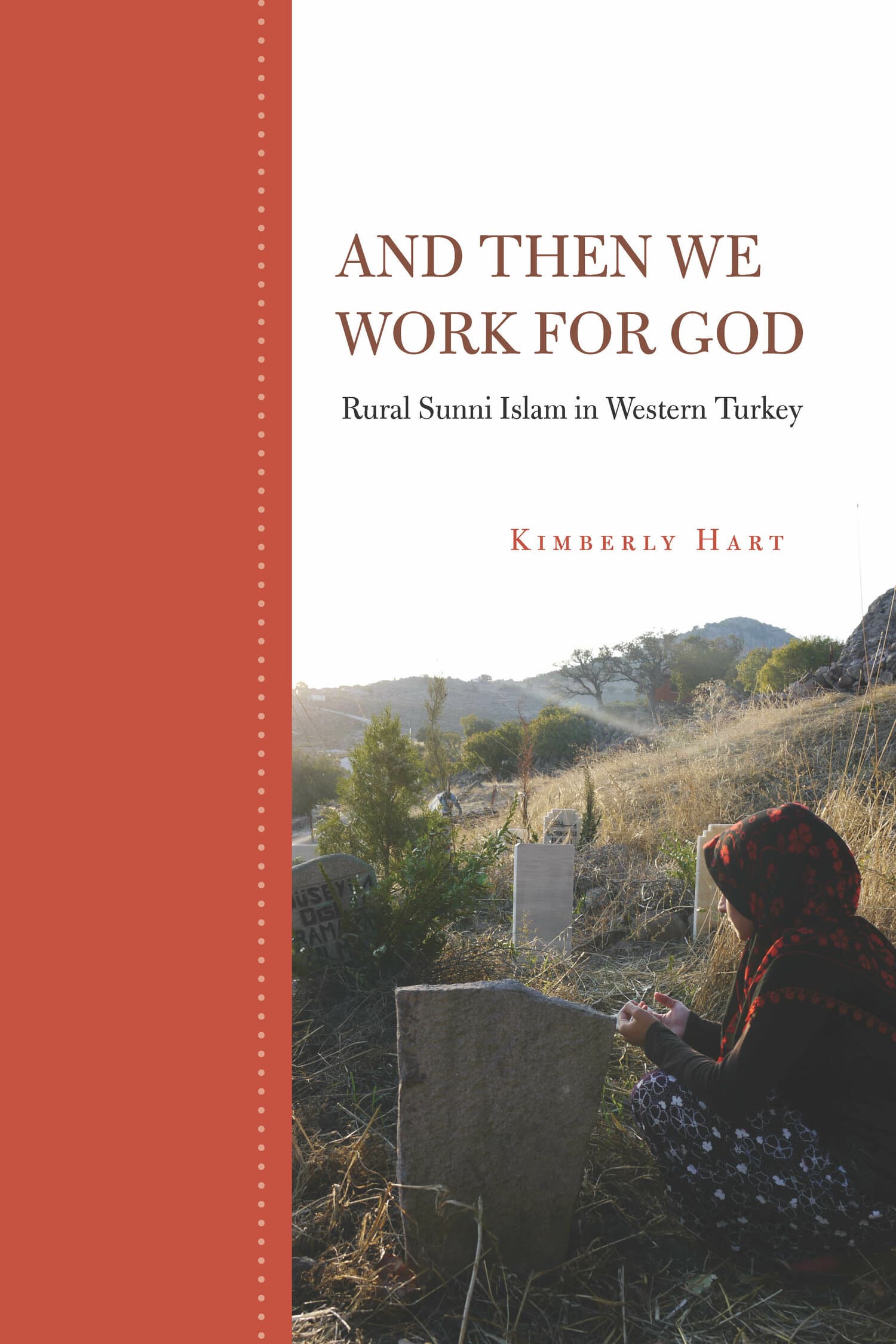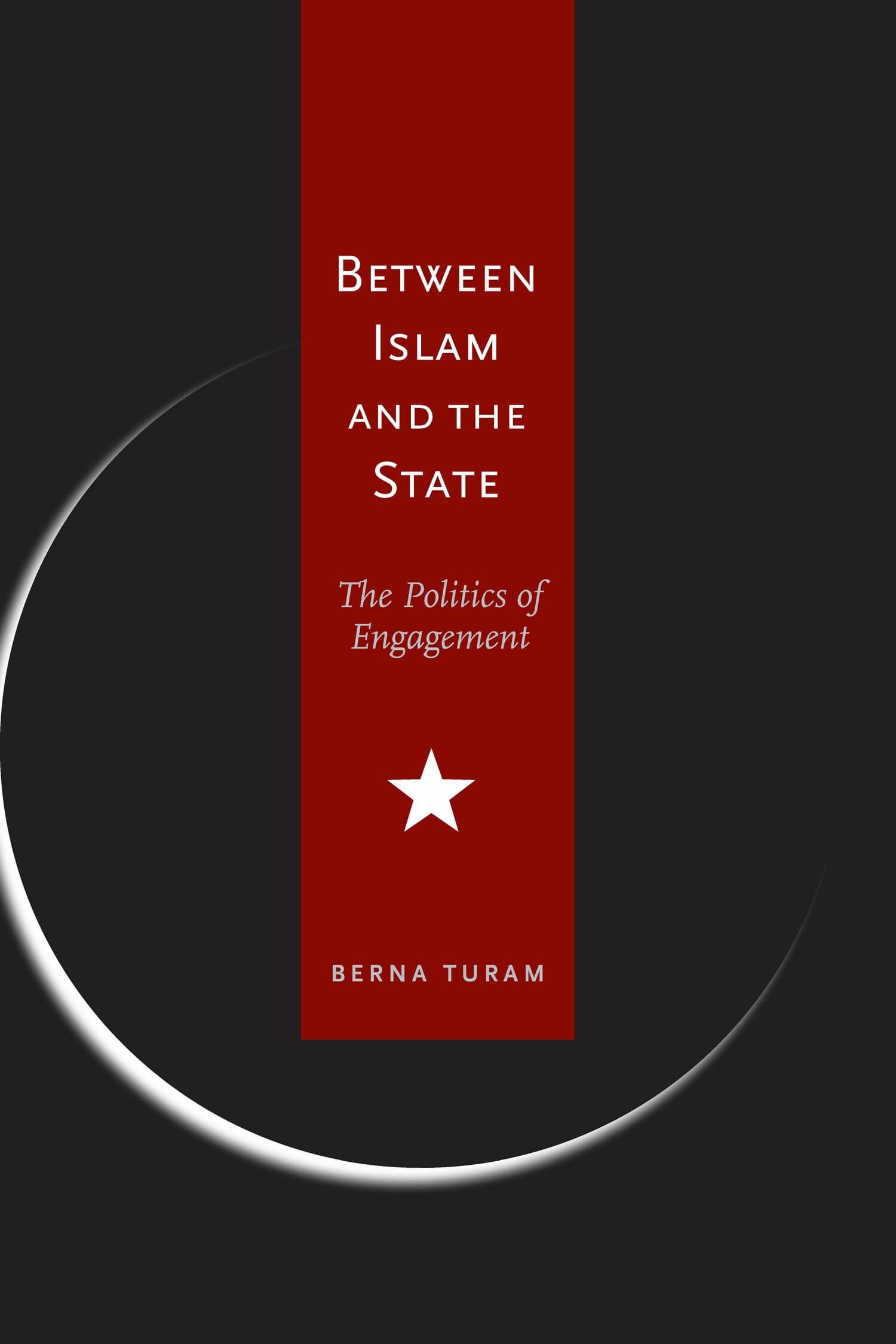How to Make a Wetland
Award Winner
2021: Albert Hourani Book Award
Honorable Mention in the 2021 Albert Hourani Book Award, sponsored by the Middle East Studies Association (MESA).

How to Make A Wetland tells the story of two Turkish coastal areas, both shaped by ecological change and political uncertainty. On the Black Sea coast and the shores of the Aegean, farmers, scientists, fishermen, and families grapple with livelihoods in transition, as their environment is bound up in national and international conservation projects. Bridges and drainage canals, apartment buildings and highways—as well as the birds, water buffalo, and various animals of the regions—all inform a moral ecology in the making.
Drawing on six years of fieldwork in wetlands and deltas, Caterina Scaramelli offers an anthropological understanding of sweeping environmental and infrastructural change, and the moral claims made on livability and materiality in Turkey, and beyond. Beginning from a moral ecological position, she takes into account the notion that politics is not simply projected onto animals, plants, soil, water, sediments, rocks, and other non-human beings and materials. Rather, people make politics through them. With this book, she highlights the aspirations, moral relations, and care practices in constant play in contestations and alliances over environmental change.
"How to Make a Wetland is a nuanced analysis of the competing moral ecologies that go into the making and maintaining of Turkey's wetlands. Caterina Scaramelli's lucid ethnography is a crucial addition to studies of lived environments and environmental infrastructure—a refreshing new take on anthropocentric development processes in Turkey and beyond."—Elif Babül, Mount Holyoke College
"How to Make a Wetland offers a model for attending to the making of value in environmental politics. Swamp drainers, iridescent birds, a contested fishing lagoon, and water buffalo biopolitics are just some of the highlights in Caterina Scaramelli's vivid study of Turkey's deltas."—Tim Choy, University of California, Davis
"[How to Make a Wetland] makes an irrefutable case why ethnographers of Turkey can no longer treat the natural environment as a mere backdrop to human culture. Horses, flamingoes, buffaloes, egrets, and swamphens populate its pages as stakeholders in wetland management plans. Whether knee-deep in mud, on a dinghy boat, or in a university office, Scaramelli shows how environmental conservation in modern Turkey has evolved in dialogue with those colorful creatures and the boggy ground under their feet."—Faisal Husain, Critical Inquiry
"Through insightful analysis of the processes and effects of environmental transformations, this fascinating and original ethnography shows how the work of creating wetlands is central to moral ecological claims made by the author's diverse interlocutors (famers, bureaucrats, scientists, activists, developers, etc.) in two delta regions of Turkey.Stylistically, the book is almost lyrical, as the ebbs and flows of water (and the stickiness of mud) are used as a metaphor for the larger project making this a most engaging read."—Committee for the Albert Hourani Book Award, sponsored by the Middle East Studies Association
"How to Make a Wetland is a fine-grained and rich ethnography of a politically and materially muddled terrain, and Scaramelli provides several compelling ideas to enrich understandings of varied people in their variable environment."—Gabriel Urlich Lennon, Anthropology Book Forum
"By conducting exemplary ethnographic fieldwork with buffalo farmers, fishers, and rice cultivators, as much as with scientists, ornithologists, and conservationists, [Scaramelli] unveils the material, political, scientific, and cultural processes that underly the transformation of water-saturated environments into 'wetlands'."—Paolo Gruppuso, Conservation and Society




